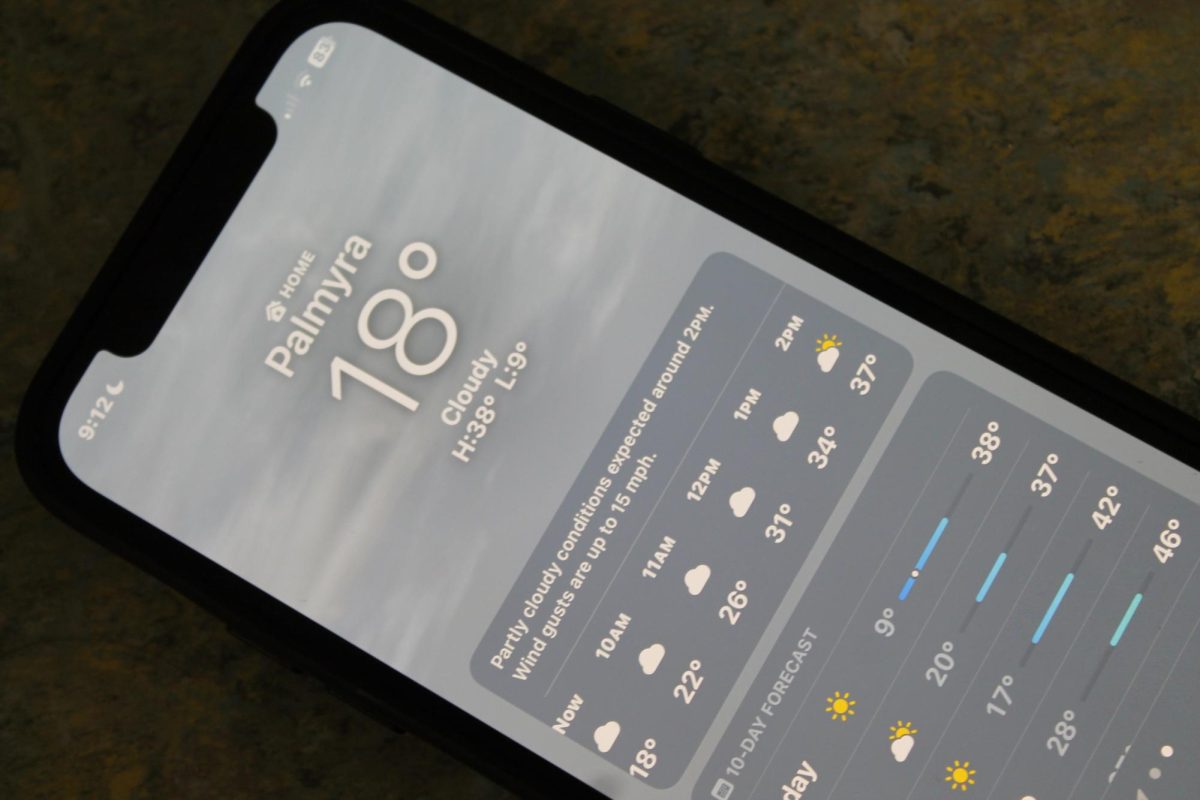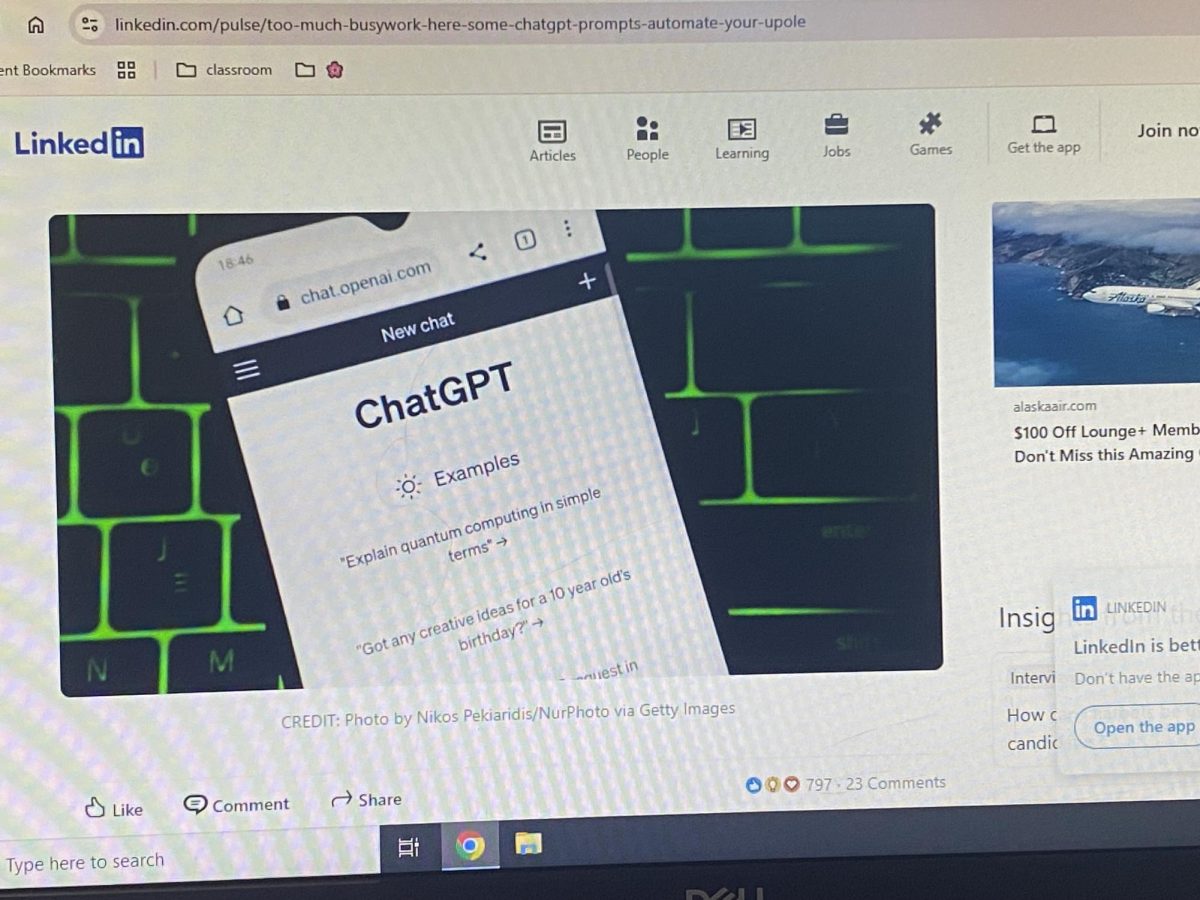By Heather Hicks –
Around the world and at FCHS, smart phones are all the rage. From constant texting to addictive apps, everyone is glued to his or her smart phones. Students can be found in every corner of FCHS clinging to their smart phones while being oblivious to the world around them. But in constantly connecting to social networking sites, students risk losing quality social interactions in person.
A recent poll found that 59% of students at FCHS have iPhones, compared to 21% who have Droids and 20% who have other types of phones. With the overwhelming majority having some type of smart phone, it’s no wonder why everyone seems so attached. “I look at my iPhone like 150 times a day and I use it in class about every five minutes,” said junior Rachel McDonald.
With all this constant access to smart phones, students spend less time focusing on their studies and more time in the cyber social universe. “My phone is my lifeline. I use it for texting, internet, calls, Twitter, Pinterest, Instagram, and games,” said McDonald. Despite the fact some may believe that social interaction through the smart phone is more modern than doing it in person, there are others who feel differently. “It’s not that big of a deal for me to not have a smart phone. I still stay connected with my friends,” said junior Matt Lindblad.
Although there are two sides to every story, the overwhelming majority of students at FCHS have some sort of smart phone and enjoy its advantages. “I love being able to have the internet with me almost all of the time. It comes in handy when I need directions or have to quickly look up information,” said senior Megan Macaulay. This instant access is a great opportunity for students to get their work done. Still, if abused, the power can get out of hand making it hard for students to focus on face-to-face communication.
While students may feel like they’re being socially active, they may miss out on real life experiences due to their phones. “I get frustrated with everyone on their smart phones. They tune out and don’t pay attention to what’s going on,” said sophomore Devon Burger. Although students using technology to interact are technically socializing, they may be avoiding connections they could make through real life interactions. “More and more, I find that students are afraid to get on the phone because all they know is texting. But being confident on the phone is a requirement of many jobs, so it’s a skill students have to learn,” said FCHS journalism teacher Elizabeth Pellicane. She added that students who insist on communication through texting and online chatting aren’t learning valuable in-person interaction skills, which can be very different. Some students don’t realize that things you say in the anonymity of online or texting conversations are not appropriate in person. “And the likelihood of dealing with people only through text when you have a job is pretty slim” added Pellicane.
The smart phone usage at FCHS is both a blessing and a curse when it comes to its impact on the students. With the virtually instant ability to reach information and having friends at the tips of their fingers, students should definitely use their smart phones to their full potential. Being aware of when it is appropriate and beneficial to use one’s smart phone is a decision left to the user to decide but, the fact remains: students at FCHS are glued to their smart phones.






